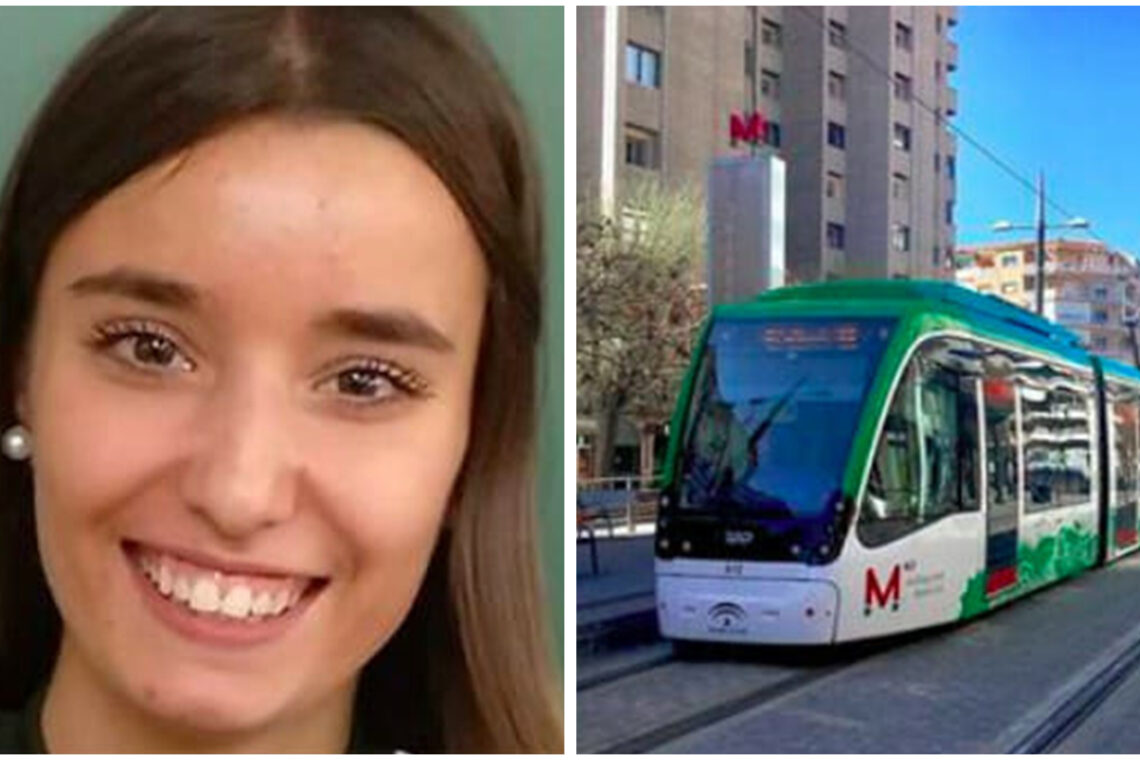
In the heart of bustling cities, everyday life often unfolds amidst a backdrop of both struggles and triumphs. While the news may frequently showcase stories of despair, there are countless tales of hope, kindness, and heroism that emerge from the fabric of our communities. These stories often remain untold, yet they carry profound significance, reminding us of the extraordinary potential within ordinary individuals.
One such inspiring story comes from a seemingly mundane day in Granada, a city known for its rich history and vibrant culture. María López, an 18-year-old nursing student, was on her way to class, blissfully unaware that her life—and the life of another—was about to take a pivotal turn. On November 23, as she entered the subway station, the routine of her day was interrupted by a chilling scene that would test her training and resolve.
As María settled into her seat on the metro, she was suddenly jolted by the frantic cries of a mother, whose voice pierced through the normal clatter of the subway. “My son is choking!” she yelled, her desperation palpable. The urgency in her voice caught the attention of the passengers, many of whom were frozen in disbelief, unsure of how to respond. Among them, María felt an instinctive pull to act.
Rushing toward the commotion, she quickly assessed the situation. A young boy, only nine years old, was in grave distress, his face turning red and then purple as he struggled to breathe, hands clutching his neck. In that moment, María’s training kicked in. Just a month earlier, she had learned the critical techniques of cardiopulmonary resuscitation (CPR) and the Heimlich maneuver—a lesson that would prove invaluable.
With determination, María took charge of the situation, positioning the boy on her lap. As panic surged through her, she focused on the steps she had practiced countless times. “I didn’t even think about it,” María later reflected in an interview. “I saw that people were not reacting, and I felt compelled to help.” Her resolve was unwavering as she executed the Heimlich maneuver, her actions fueled by a blend of instinct and the knowledge imparted in her nursing classes.
After what felt like an eternity, María succeeded in dislodging the obstruction. The boy coughed violently, and a piece of candy, which had posed the threat to his life, was expelled. As he began to regain his composure, relief washed over María, and she felt a surge of triumph mixed with profound gratitude. The boy looked up at her, his eyes filled with both confusion and clarity, and uttered the words that would resonate deeply in her heart: “Thank you for helping me.”
This pivotal moment did not just change the course of one day; it illuminated the path for María’s future in healthcare. Her quick thinking and decisive action not only saved a life but also embodied the qualities of a dedicated healthcare professional. She demonstrated that the essence of nursing extends beyond medical knowledge; it encompasses compassion, courage, and a readiness to step into the fray when others hesitate.
The impact of her actions rippled beyond that singular event. The boy’s family, undoubtedly overwhelmed with gratitude, recognized the selflessness of a stranger who had acted with incredible bravery. In a world where the headlines often highlight tragedy and chaos, stories like María’s serve as a beacon of hope. They remind us that everyday heroes can emerge from unexpected places, bringing light to dark situations.
As María continues her studies and prepares for a career in nursing, the lessons from that day in the subway will remain etched in her memory. She has shown that true heroism lies not only in grand gestures but also in the willingness to help others in moments of crisis. Her journey reflects the countless individuals who dedicate their lives to the service of others, often without recognition.
In sharing this story, we celebrate the spirit of humanity that exists in every community. It encourages us all to look for ways to support one another and to act with kindness, especially in times of need. It also reinforces the notion that training and knowledge can have a life-saving impact when paired with courage and compassion.
Moreover, stories like María’s can inspire others to pursue careers in healthcare, reminding them of the vital role they can play in society. The healthcare profession is filled with opportunities for individuals to make significant differences in the lives of others. It beckons those who are empathetic, strong-willed, and eager to contribute to the well-being of their communities.
As we navigate our lives, let us take a moment to acknowledge the silent heroes among us—those who may not wear capes or seek the limelight but who stand ready to help when the need arises. In a world that often seems overwhelmed by negativity, we must remember to share and celebrate these uplifting narratives of solidarity and kindness.
By doing so, we not only honor the courageous actions of individuals like María but also inspire others to be proactive, compassionate, and ready to lend a hand. Every act of kindness has the potential to create ripples of change, fostering a culture of support and resilience that can uplift entire communities.
In the end, it is not merely about the lives that are saved but also about the sense of connection and unity forged in the process. María’s story serves as a powerful reminder that we all have the capacity to be heroes in our own right, transforming ordinary moments into extraordinary ones through our actions and compassion.